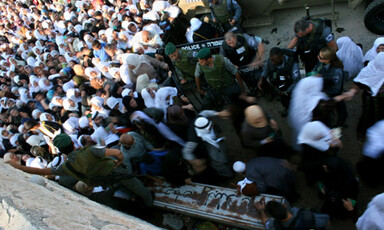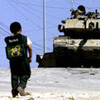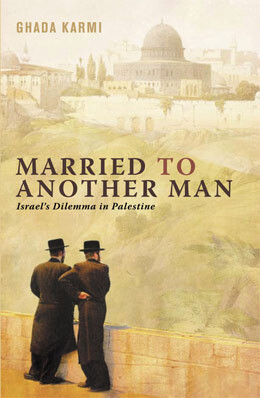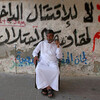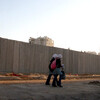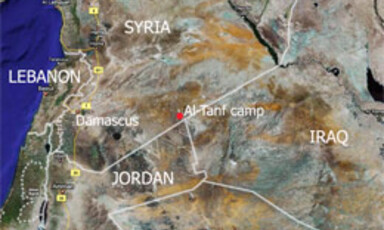
Stranded Palestinians turn down Sudanese asylum offer
11 October 2007
DAMASCUS, 10 October (IRIN) - Most of the over 300 Palestinian-Iraqi refugees stranded for the past 18 months at the makeshift al-Tanf refugee camp on the Syrian side of the Iraq-Syria border have rejected an offer of asylum in Sudan. The Sudanese government made an offer 8 October to take in the 310 Palestinian refugees, who are living in pitiful conditions at the camp. “The [Sudanese] president agreed to the request of both Hamas and Fatah to accommodate them and we are going to inform the Arab League and then make our preparations,” said a Sudanese Foreign Ministry official. Read more about Stranded Palestinians turn down Sudanese asylum offer


